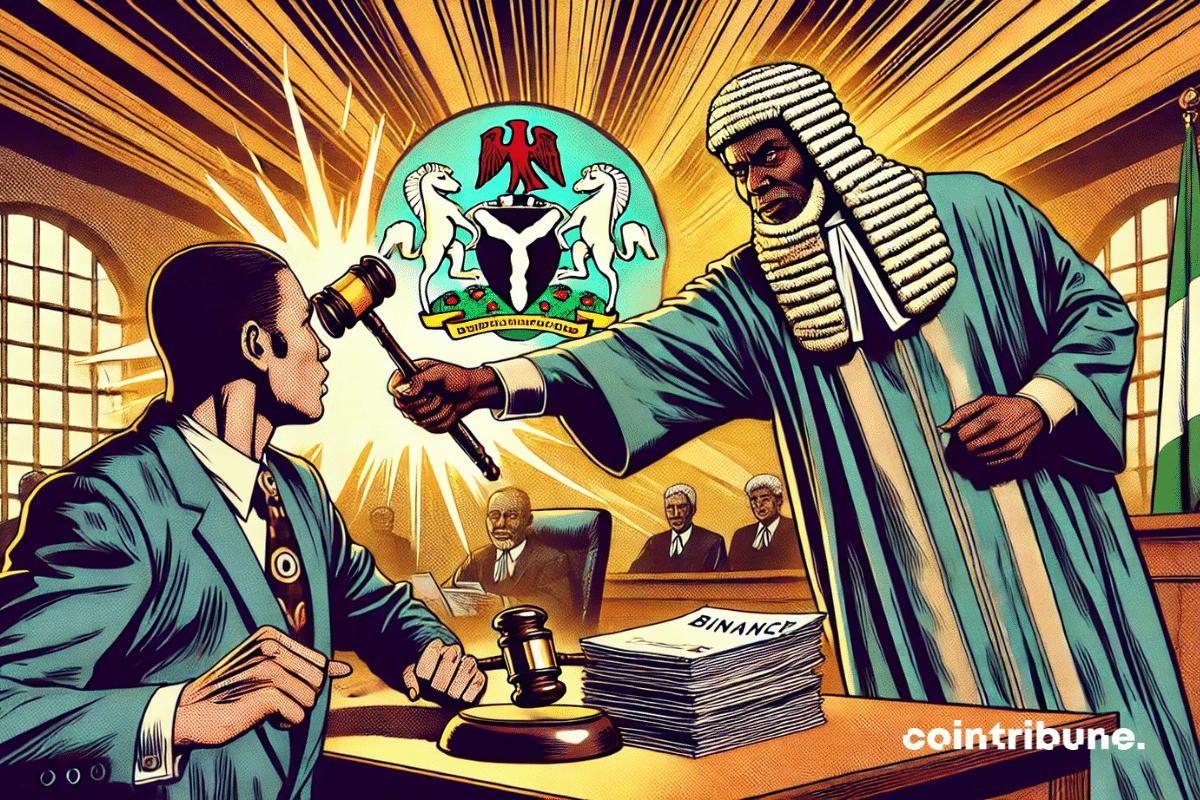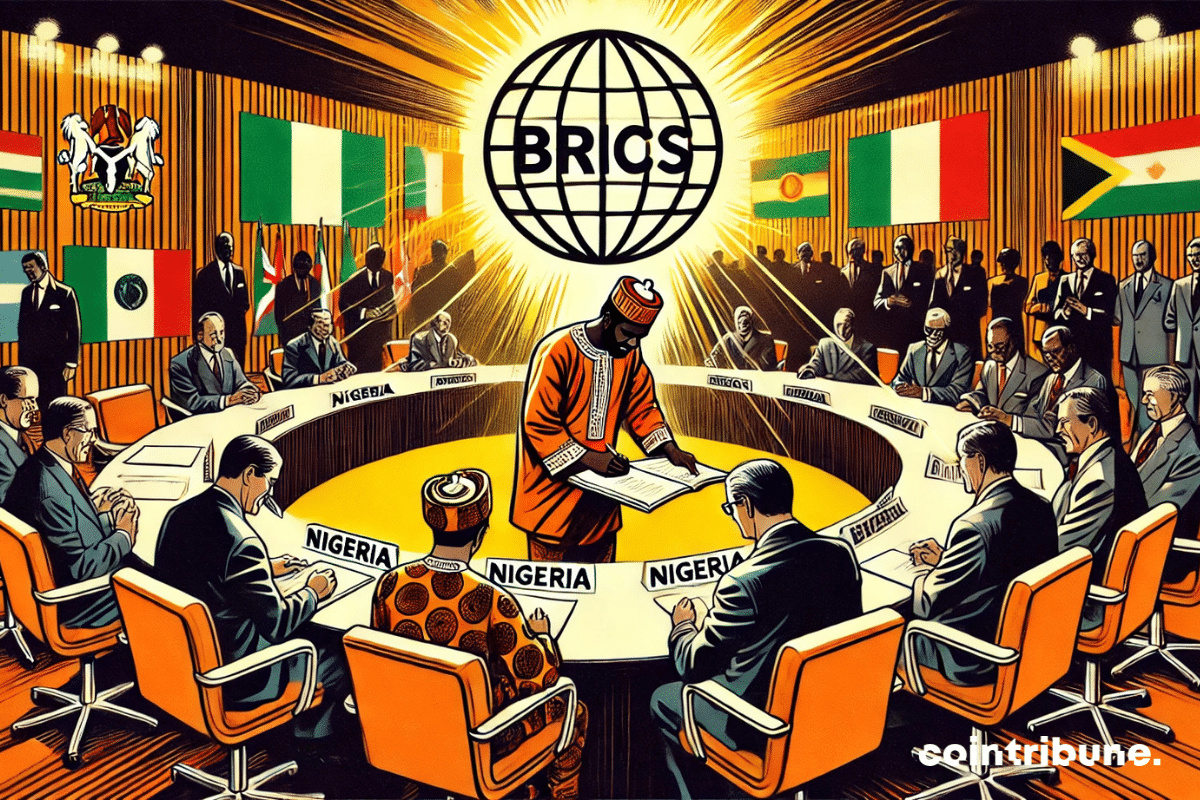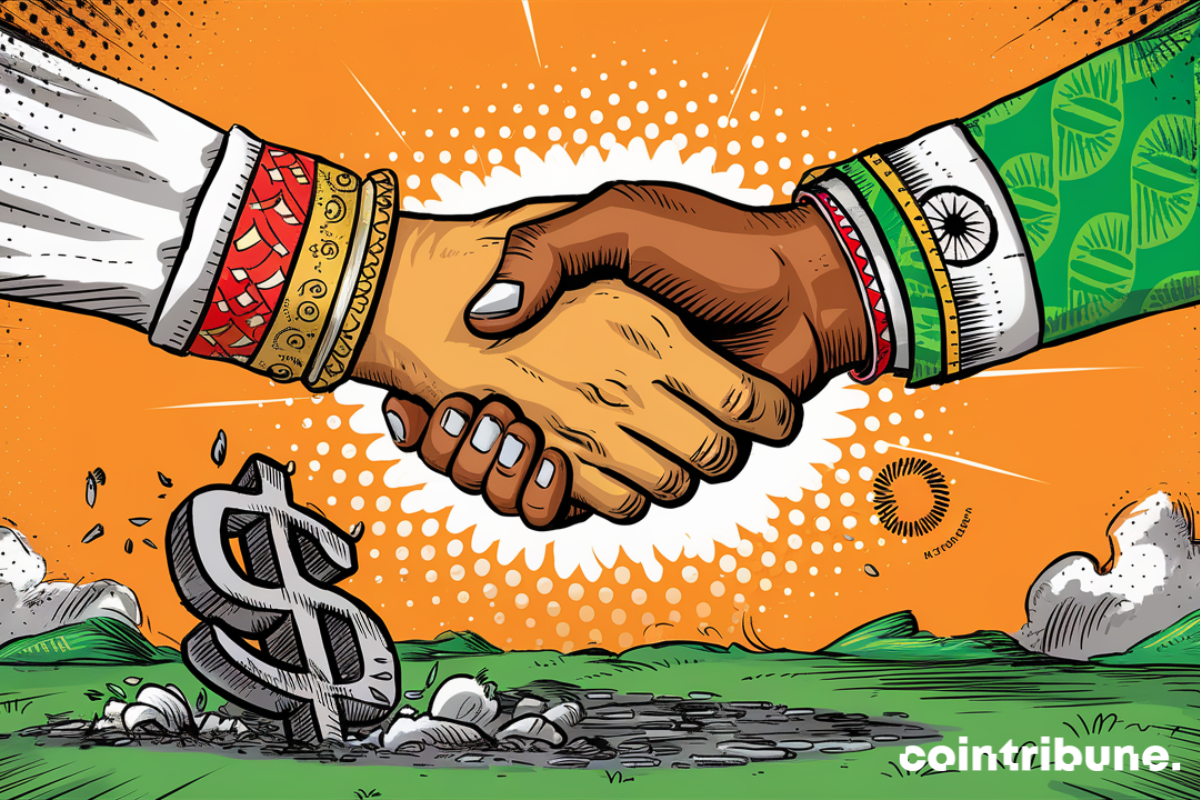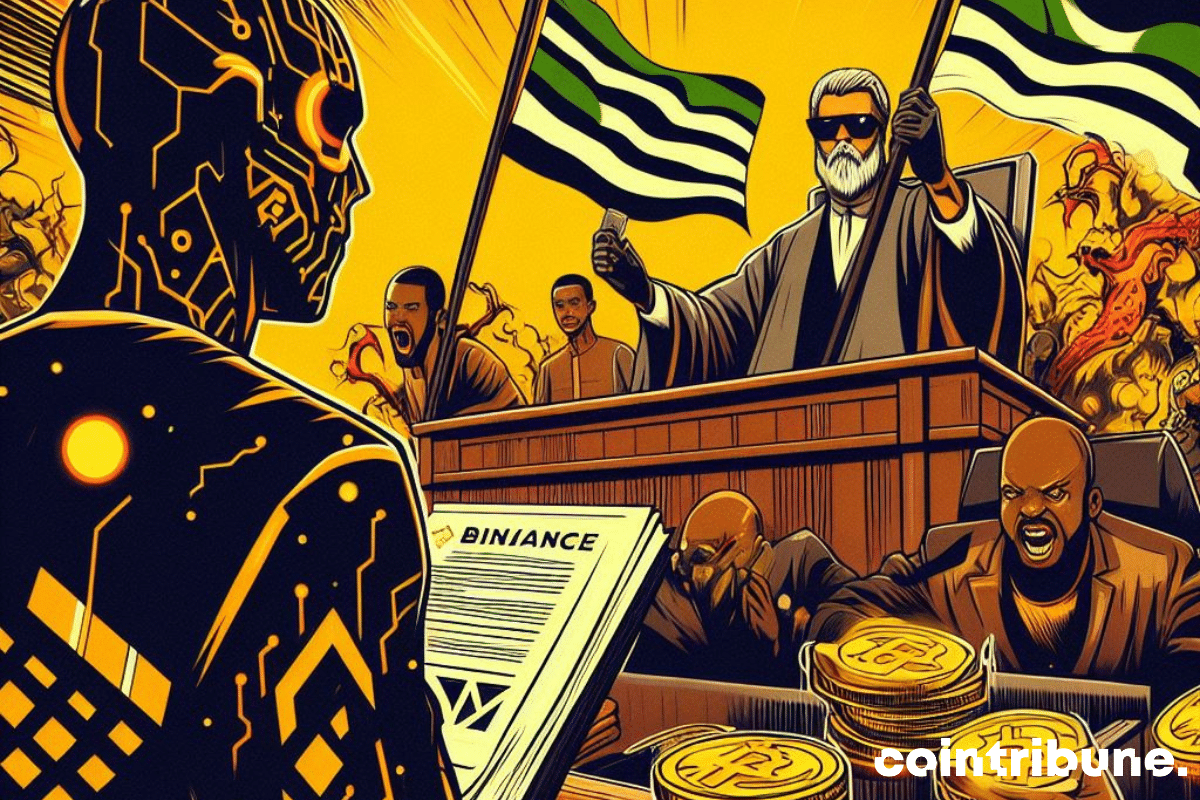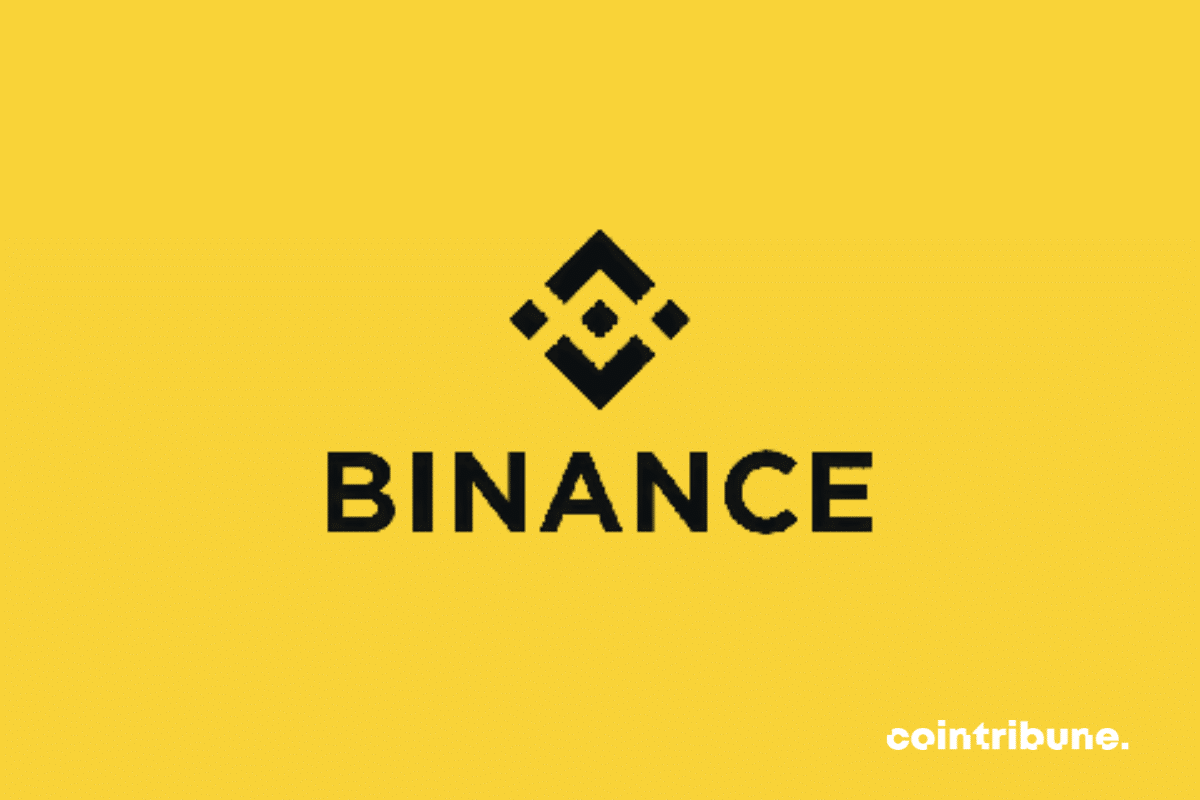The crypto exchange Binance blocks airdrops in Nigeria. In this article, discover the real reasons behind this restriction.
Nigeria
Cryptos have often been seen as a challenge for regulators, but rarely has a state struck as hard as this. Indeed, Nigeria, one of the most influential economies in Africa, has just filed a high-profile lawsuit against Binance, the largest crypto exchange platform in the world. The government is demanding $81.5 billion, a colossal amount that, according to Nigerian authorities, corresponds to unpaid taxes and major economic damages. This case marks a new escalation in the standoff between states and giants of the crypto sector. Amid allegations of tax fraud, employee detentions, and diplomatic pressures, Binance finds itself at the center of a dispute that far exceeds legal boundaries.
The global economic landscape is rapidly evolving, driven by alliances that reflect the ambitions of emerging countries to reshape traditional centers of influence. In this context, Nigeria, the largest economic power in Africa, has joined the circle of BRICS partners. This initiative, orchestrated under Brazil's presidency, highlights the bloc's desire to promote enhanced cooperation among the nations of the global South. Although this partnership does not yet confer a decision-making role to Nigeria, it reflects a growing dynamic of economic integration and a shared quest for financial sovereignty in the face of dominant Western models.
Bitcoin reaches historic highs in Nigeria, providing protection against the rapid devaluation of the Nigerian Naira.
When 134 countries play sorcerer's apprentices with CBDCs, it is 98% of the global economy that enters a zone of digital turbulence.
New nail in the coffin of the dollar. India and Nigeria no longer want to trade with the greenback.
The Algerian economy shines on the continent, driven by its oil and gas sector and judicious reforms.
The conflict between Binance, the global leader in cryptocurrency exchanges, and the Nigerian authorities has taken a new turn. A Nigerian court has ordered the platform to provide comprehensive data on all its Nigerian users, marking a new chapter in this ongoing confrontation that has been ongoing for several months.
The challenges of the crypto exchange Binance have somewhat been forgotten. But they are very much present and more difficult than ever, especially in Nigeria where two executives of the company are in custody. Meanwhile, the pressure is mounting on Changpeng Zhao, the former CEO of the company whose travel rights are restricted.
As it tries to get back on its feet after the legal troubles that have cost a lot, the crypto exchange Binance is facing new regulatory challenges. This time, the problems come from Nigeria where authorities are criticizing the potential influence of the platform on the country's economy, causing concerns among local traders.
"Will Nigeria have the courage to de-dollarize in order to join the BRICS?"
"When you think of Bitcoin, you often think of economic superpowers or cryptocurrency havens like El Salvador. However, a recent study reveals a significant surprise: Nigeria dominates the ranking of countries most interested in this digital currency, even overshadowing El Salvador. This phenomenon raises several questions and deserves a deeper analysis. So, what is really happening in Nigeria?
Legal actions against crypto firm Binance have become one of the significant events in the crypto news this week. The news has caused a wave of consequences that could significantly impact the company's performance.

